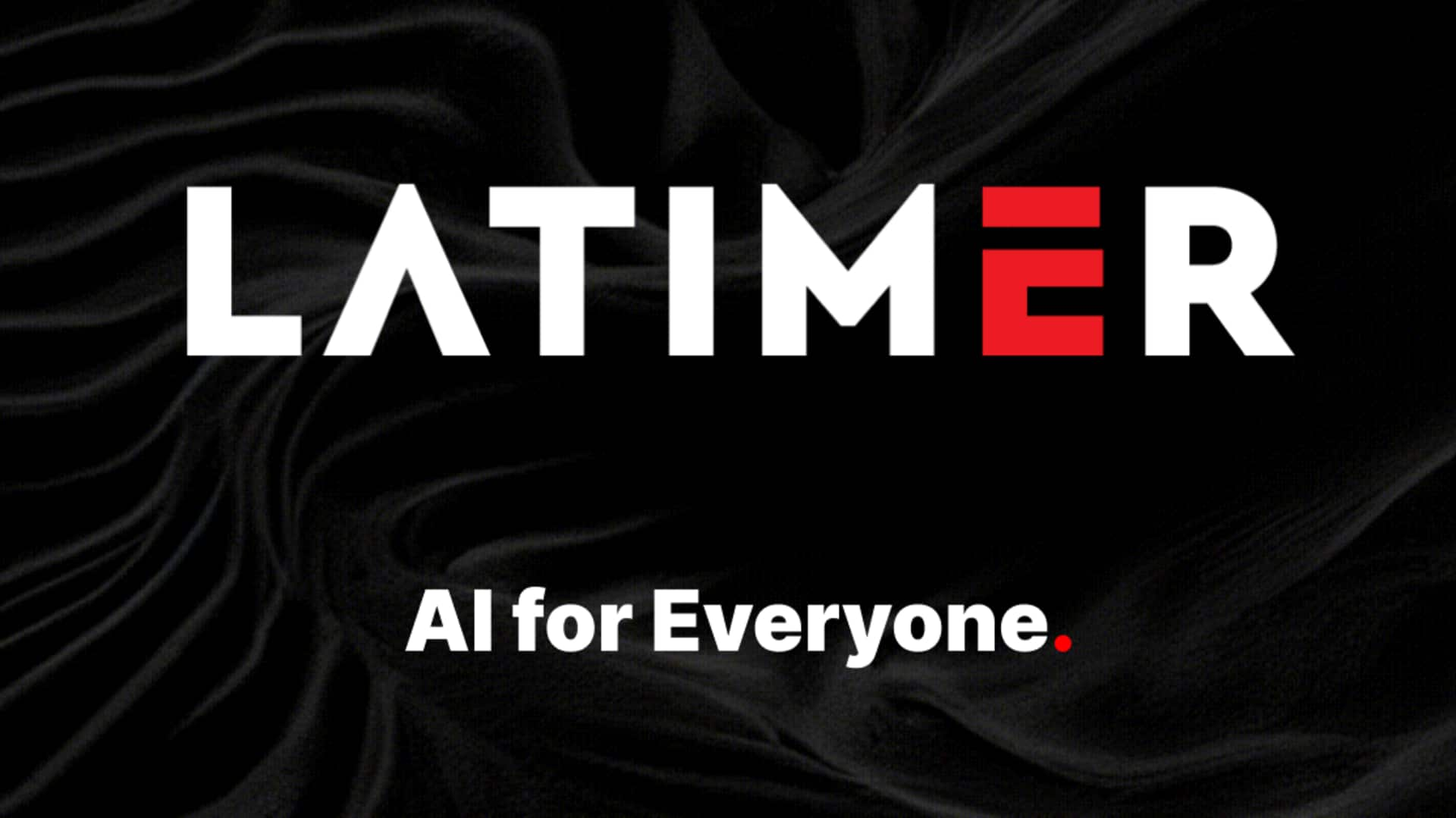
Black developers create customized AI chatbots for underrepresented communities
What's the story
John Pasmore, a seasoned entrepreneur in the artificial intelligence (AI) sector, has voiced his dissatisfaction with the cultural limitations of ChatGPT, a leading AI tool.
He highlighted that the current version of ChatGPT provides generalized answers that reveal a bias toward Eurocentric and Western perspectives.
"If you ask the model generally who are some of the most important artists in our culture, it will give you Leonardo da Vinci and Michelangelo," Pasmore said.
Inclusive AI
New AI tools emerge to represent diverse cultures
In response to the cultural bias in OpenAI's ChatGPT, several black-owned chatbots as well as ChatGPT versions have been developed.
These new tools are designed to cater to the specific needs of black and brown communities.
Pasmore himself introduced Latimer. AI, a language model that aims to reflect the experiences of these underrepresented communities.
Steps
Other initiatives join the movement for inclusive AI
Erin Reddick has launched ChatBlackGPT, a chatbot focused on black and brown communities.
It is still in beta mode with plans to launch on Juneteenth (June 19). This product allows users to ask questions and receive tailored responses about black culture.
In Canada, Tamar Huggins has founded Spark Plug, an alternative to ChatGPT for black and brown students.
Her platform translates educational material into African American Vernacular English (AAVE), a dialect associated with black American communities.
Language diversity
African innovation in AI caters to diverse languages
In Africa, significant innovation is underway with the development of language models that cater to over 2,000 languages, and dialects spoken on the continent.
Yinka Iyinolakan has created CDIAL.AI, a chatbot that can understand and speak nearly all African languages and dialects.
These efforts are part of a broader movement by Black founders worldwide to create more inclusive AI tools that better serve diverse communities.
Accuracy
Black founders prioritize accuracy in AI development
Black founders are not only creating new AI tools, but also prioritizing accuracy over data that is scraped from the internet.
Pasmore used sources such as Amsterdam News, one of the oldest black newspapers in the US, while developing Latimer. AI.
Reddick has joined hands with historically Black colleges and universities (HBCUs) to educate students and have them help train her algorithm.
Huggins trained her algorithm on writings from black authors from the Harlem Renaissance, and black authors in education.